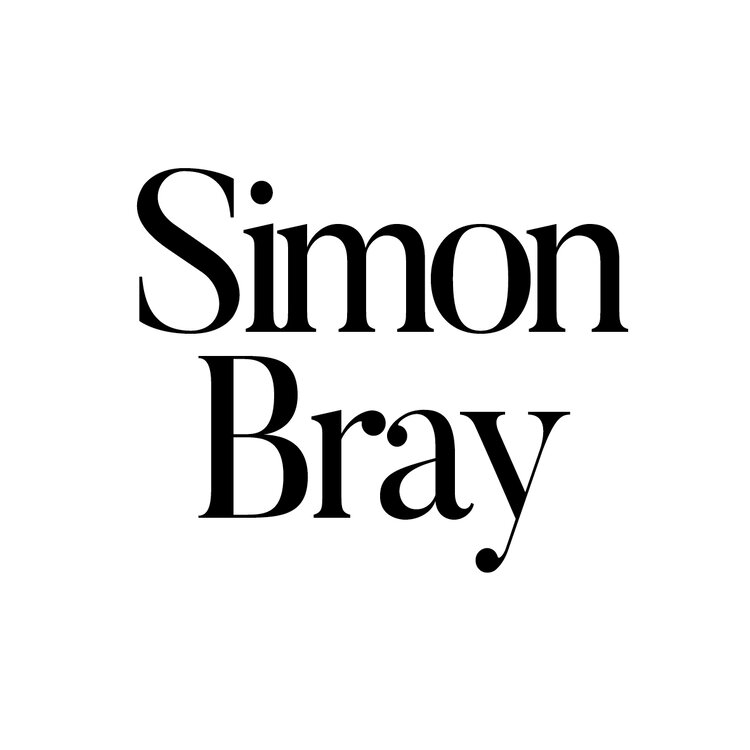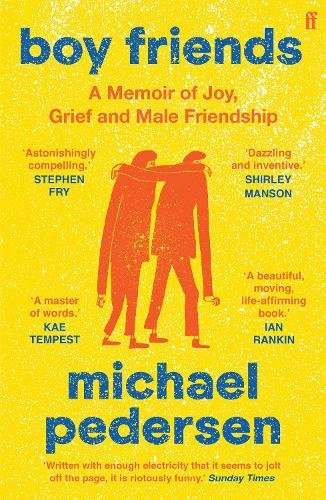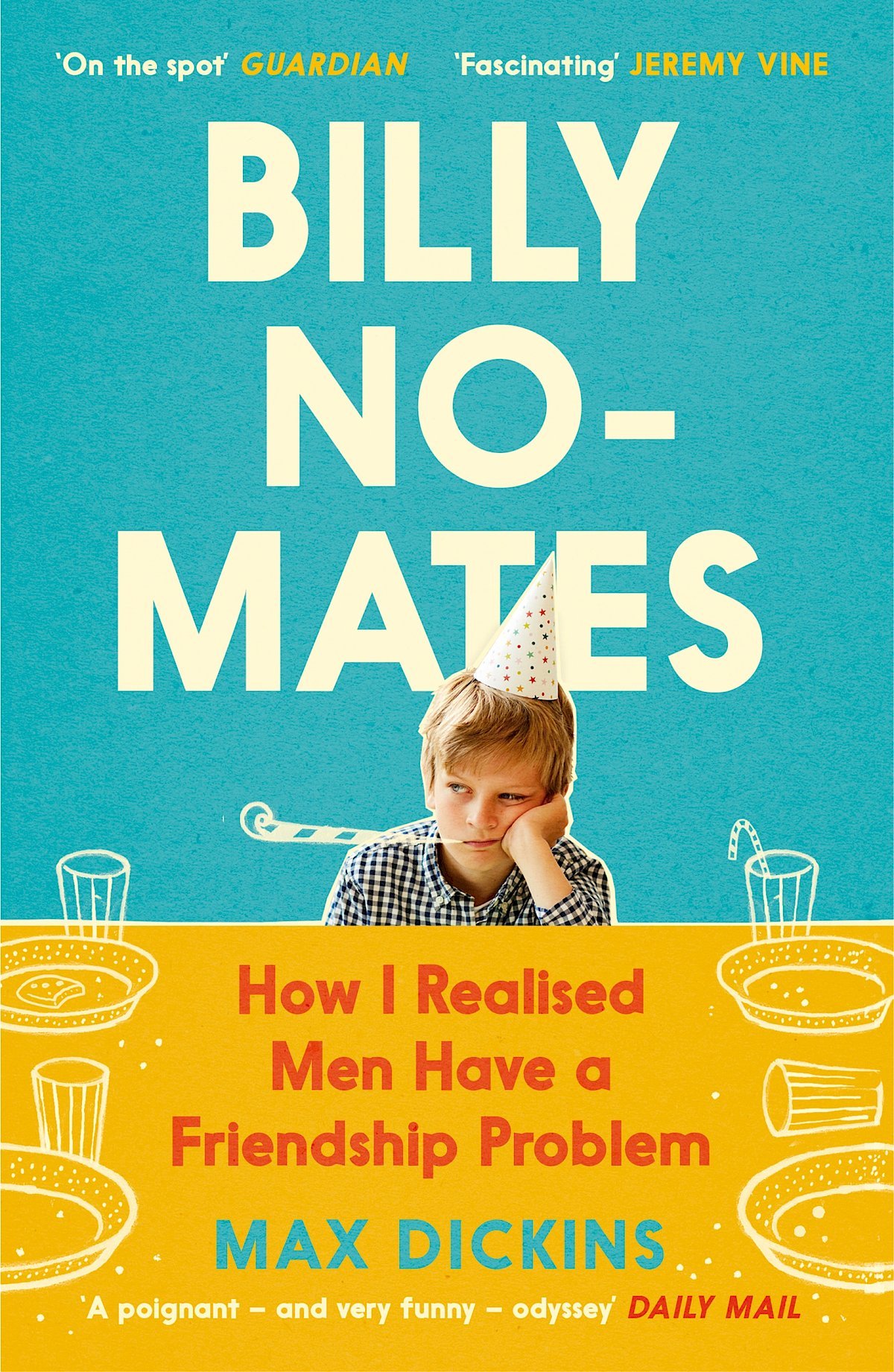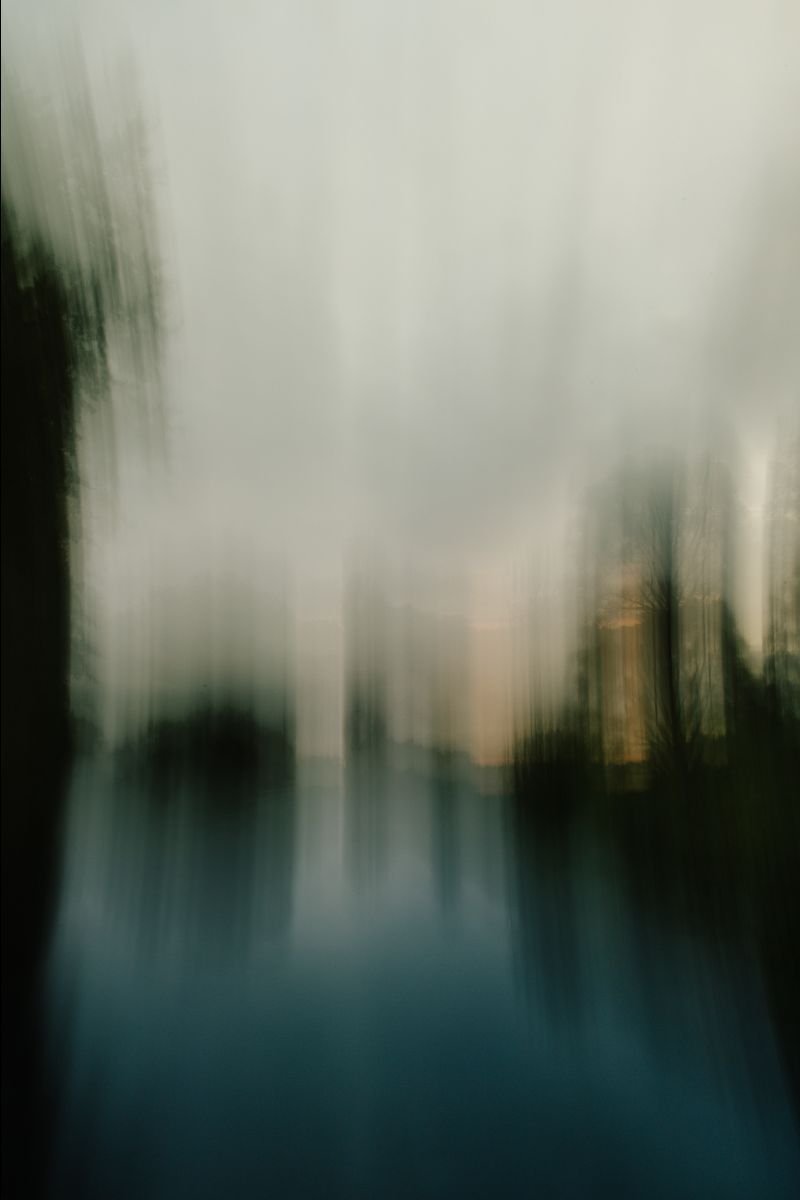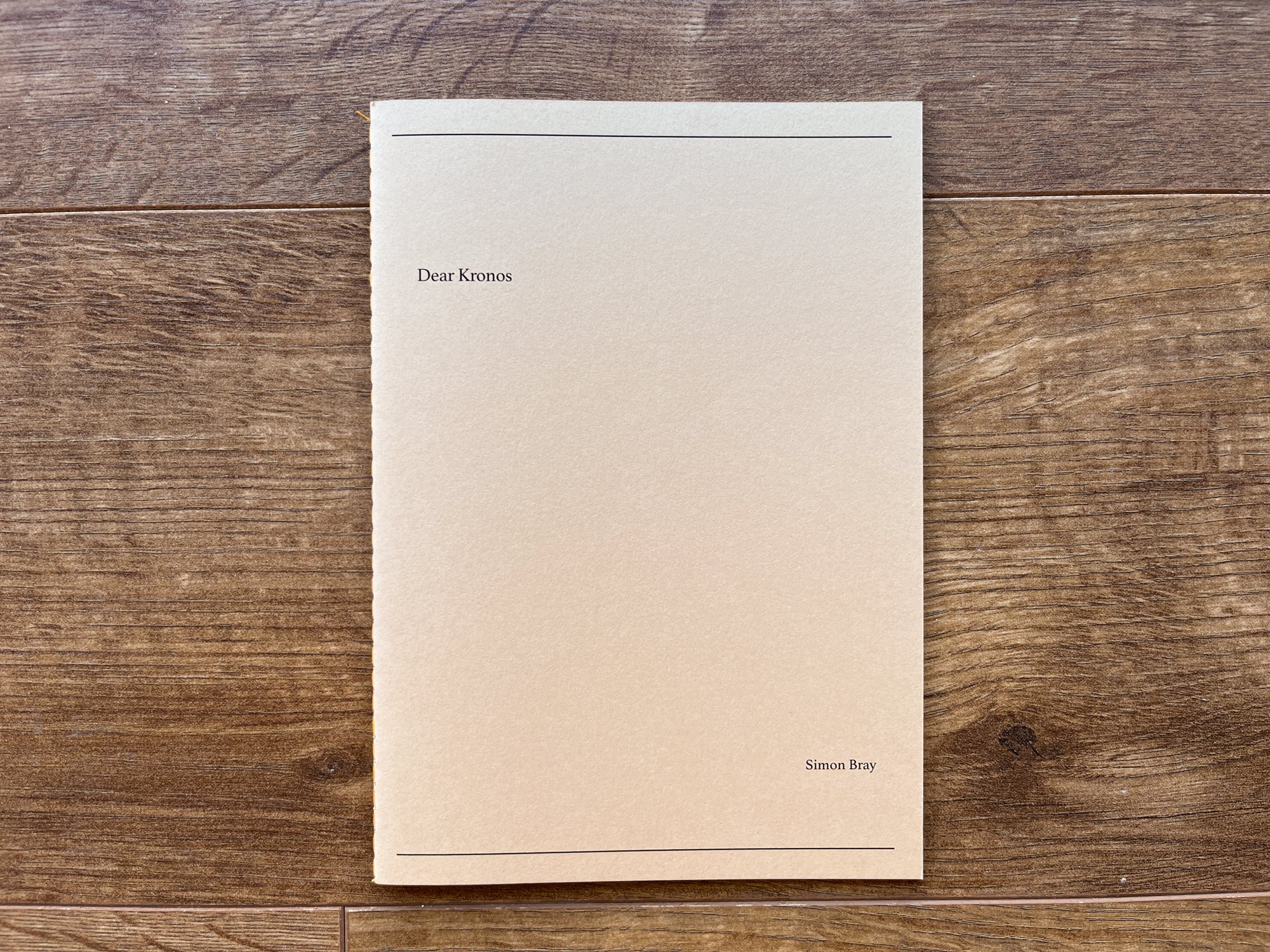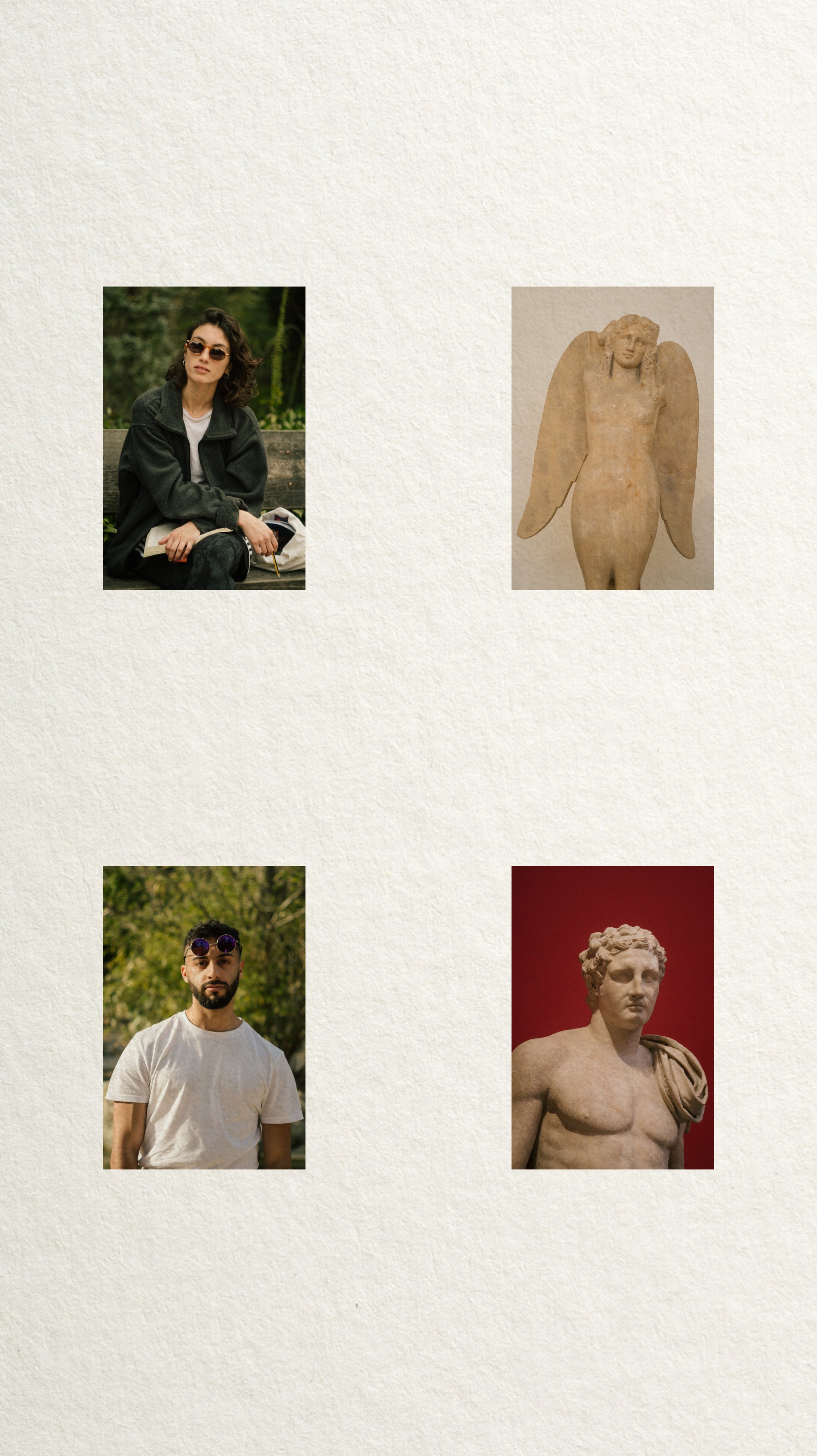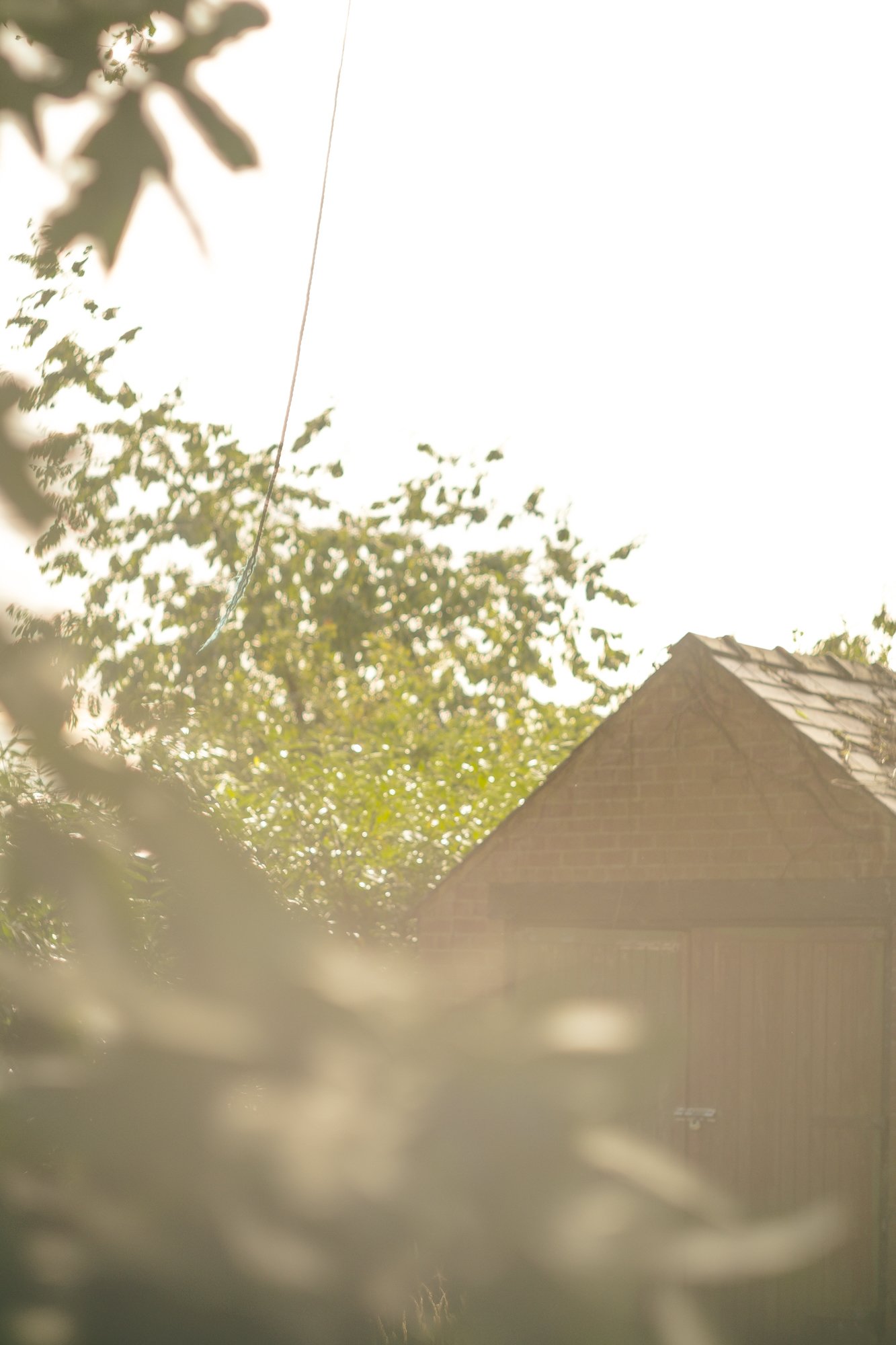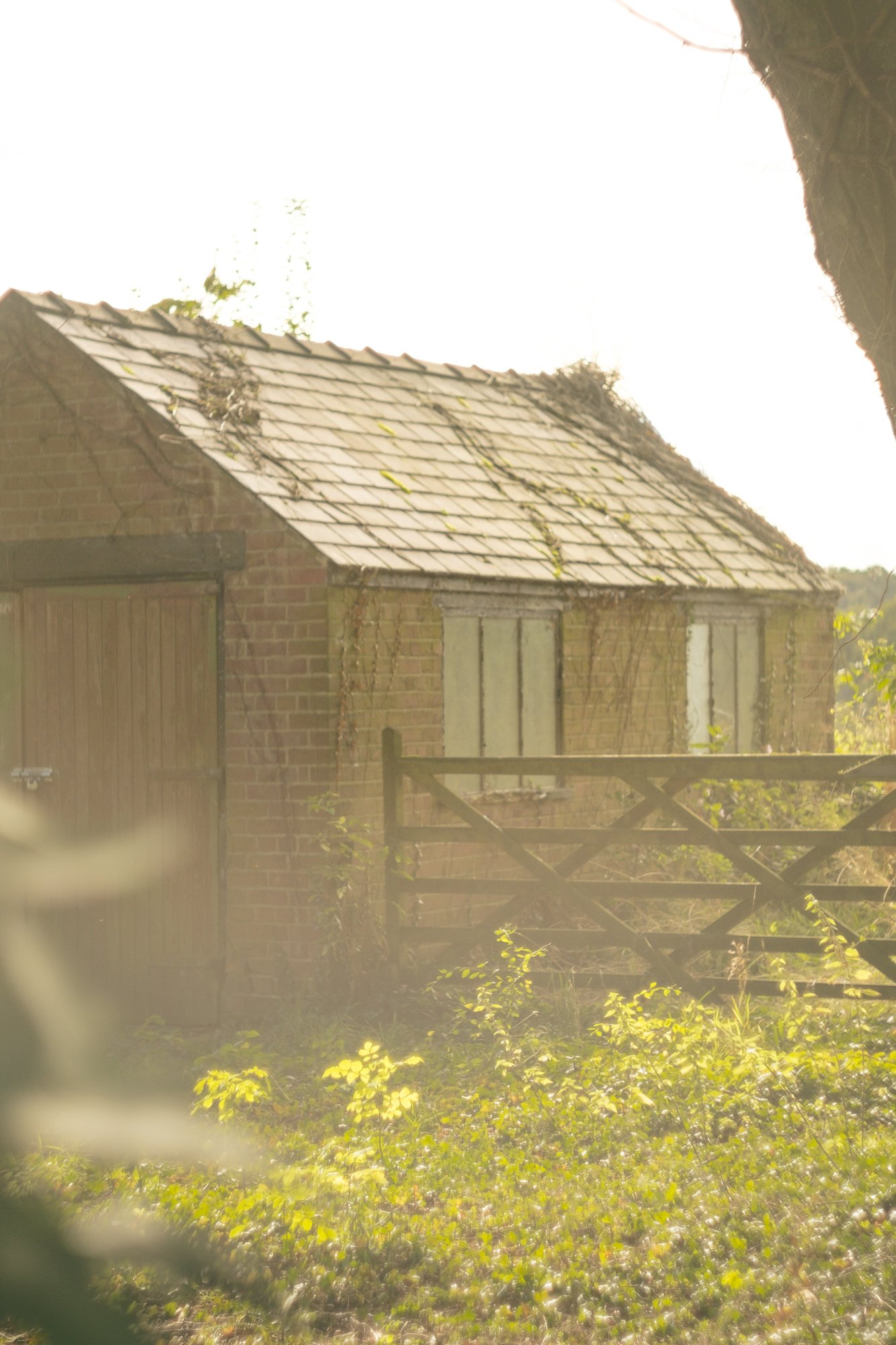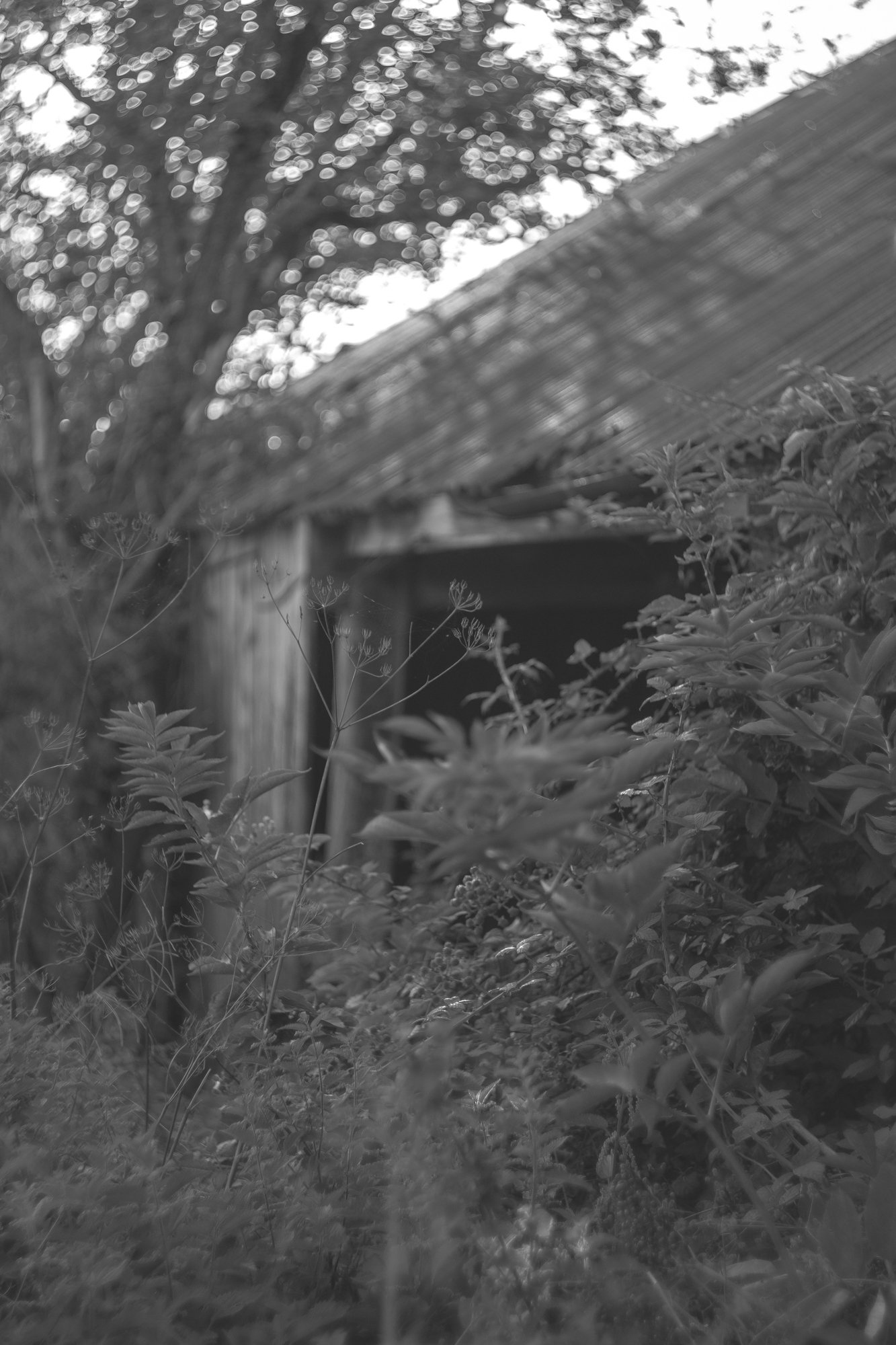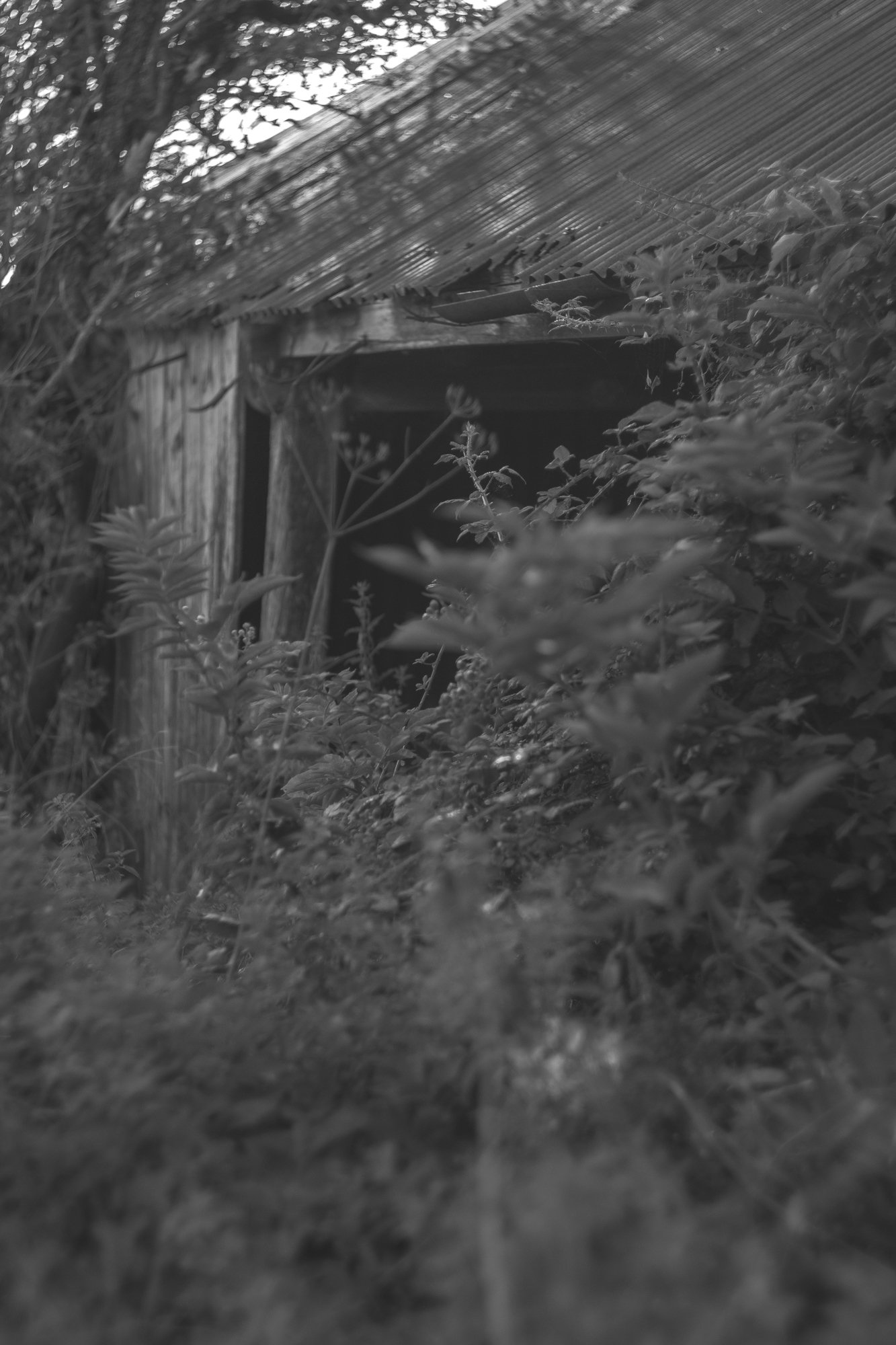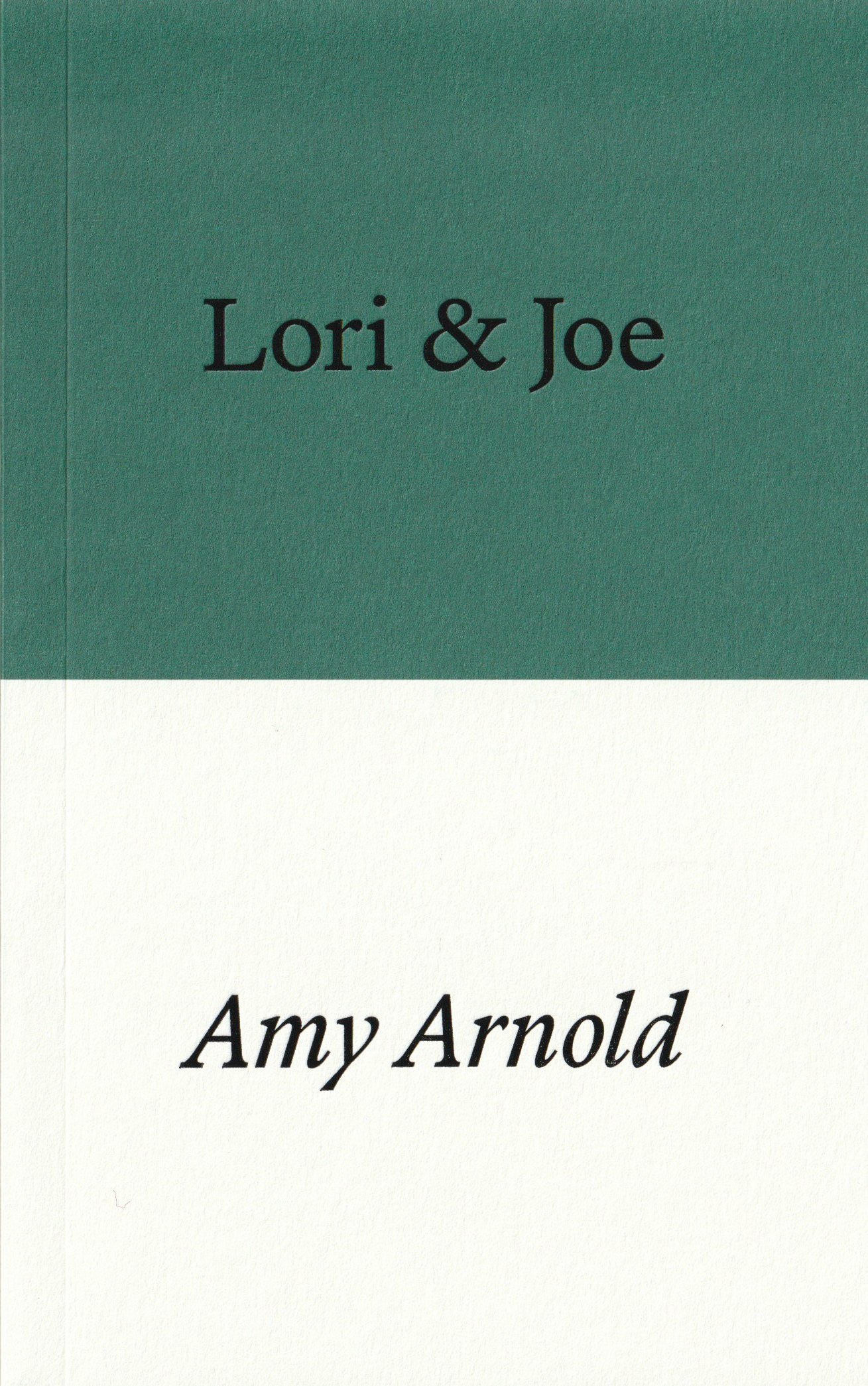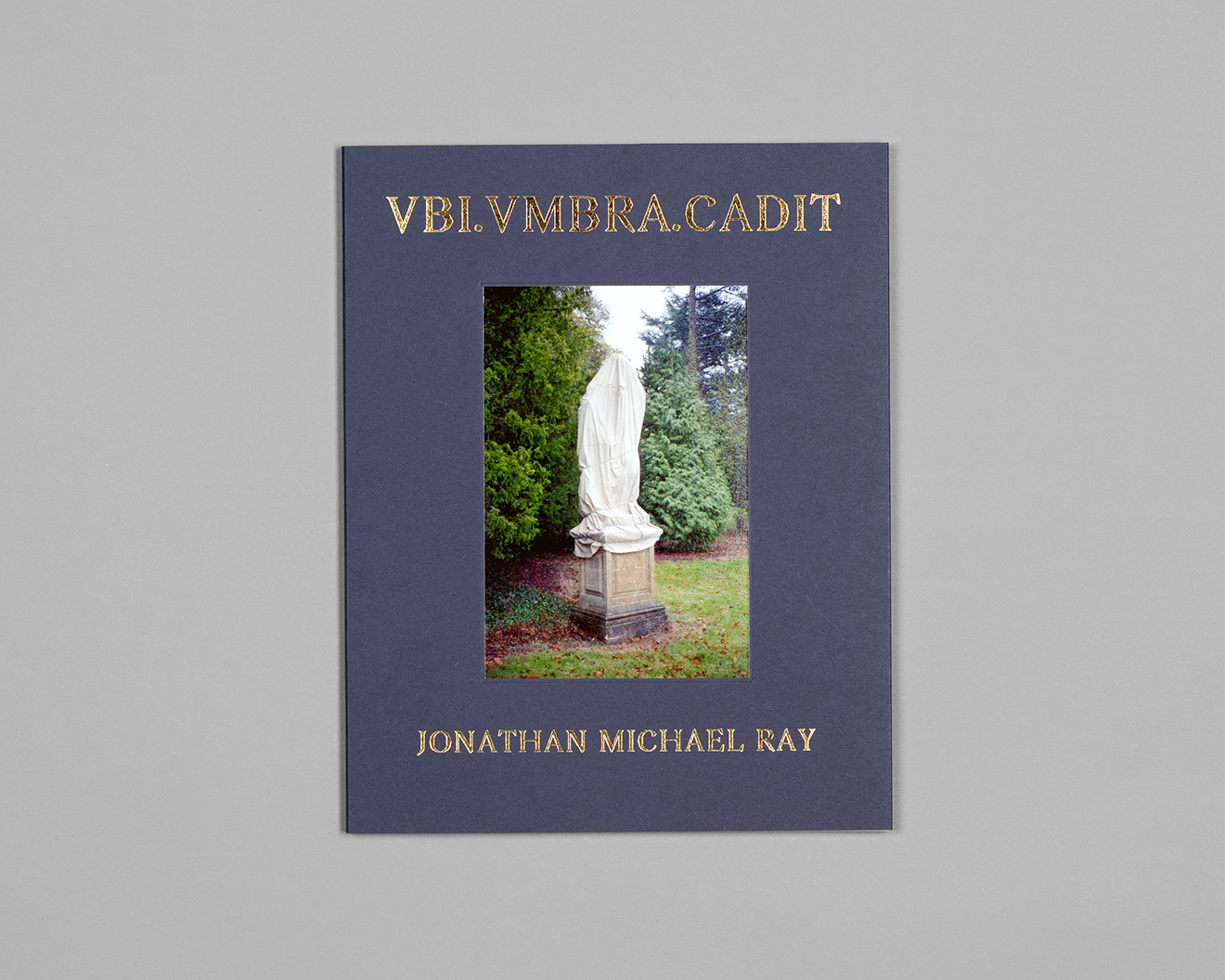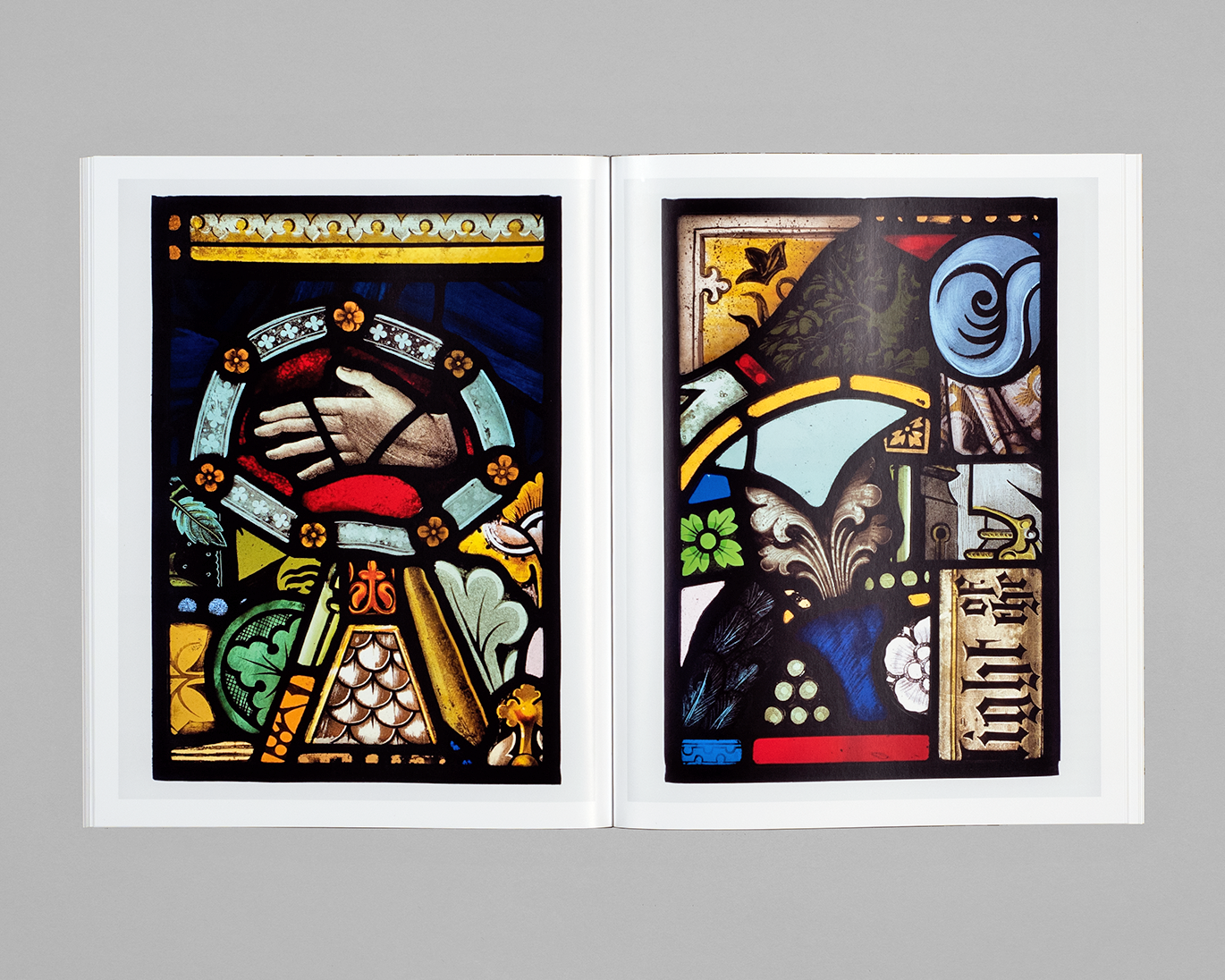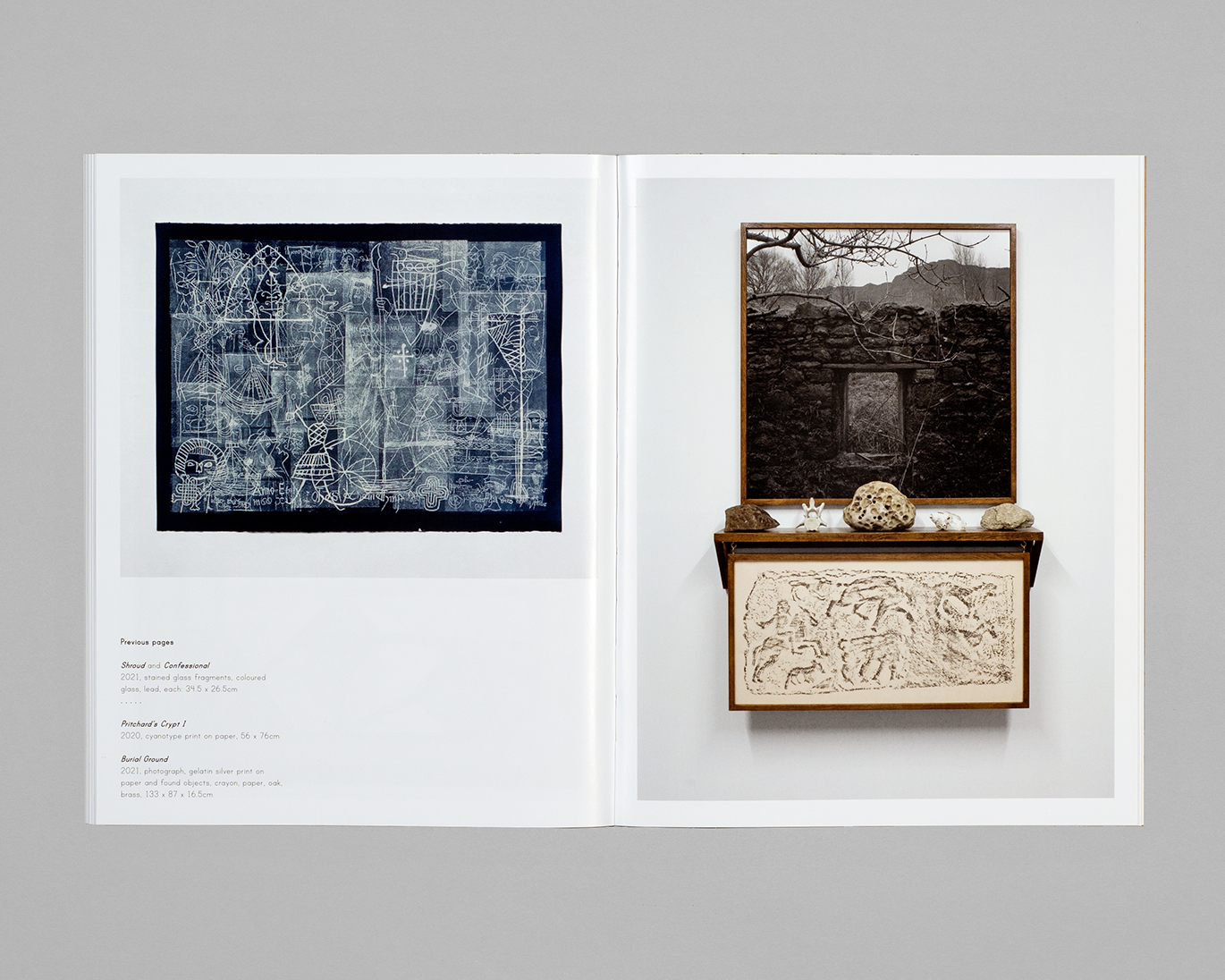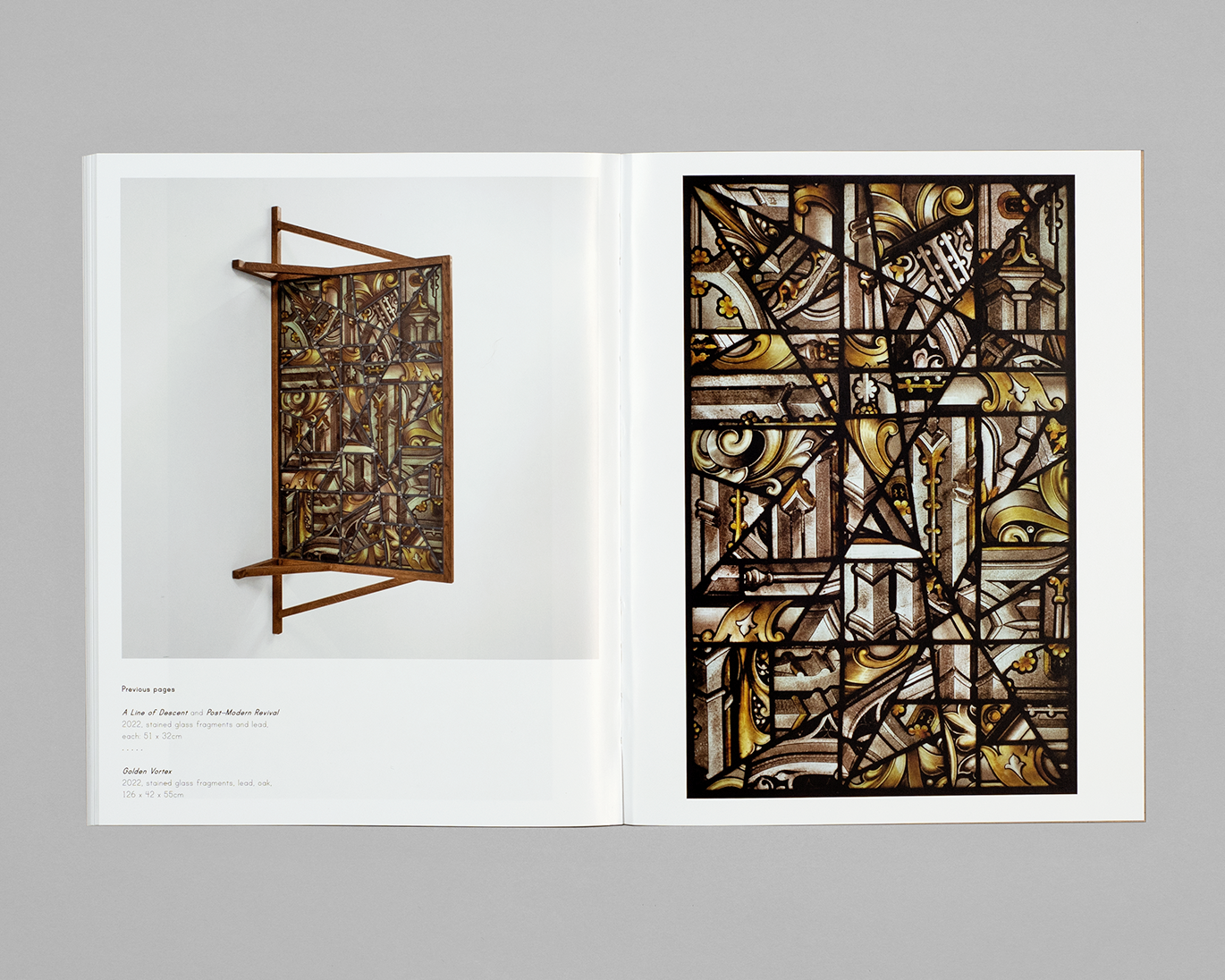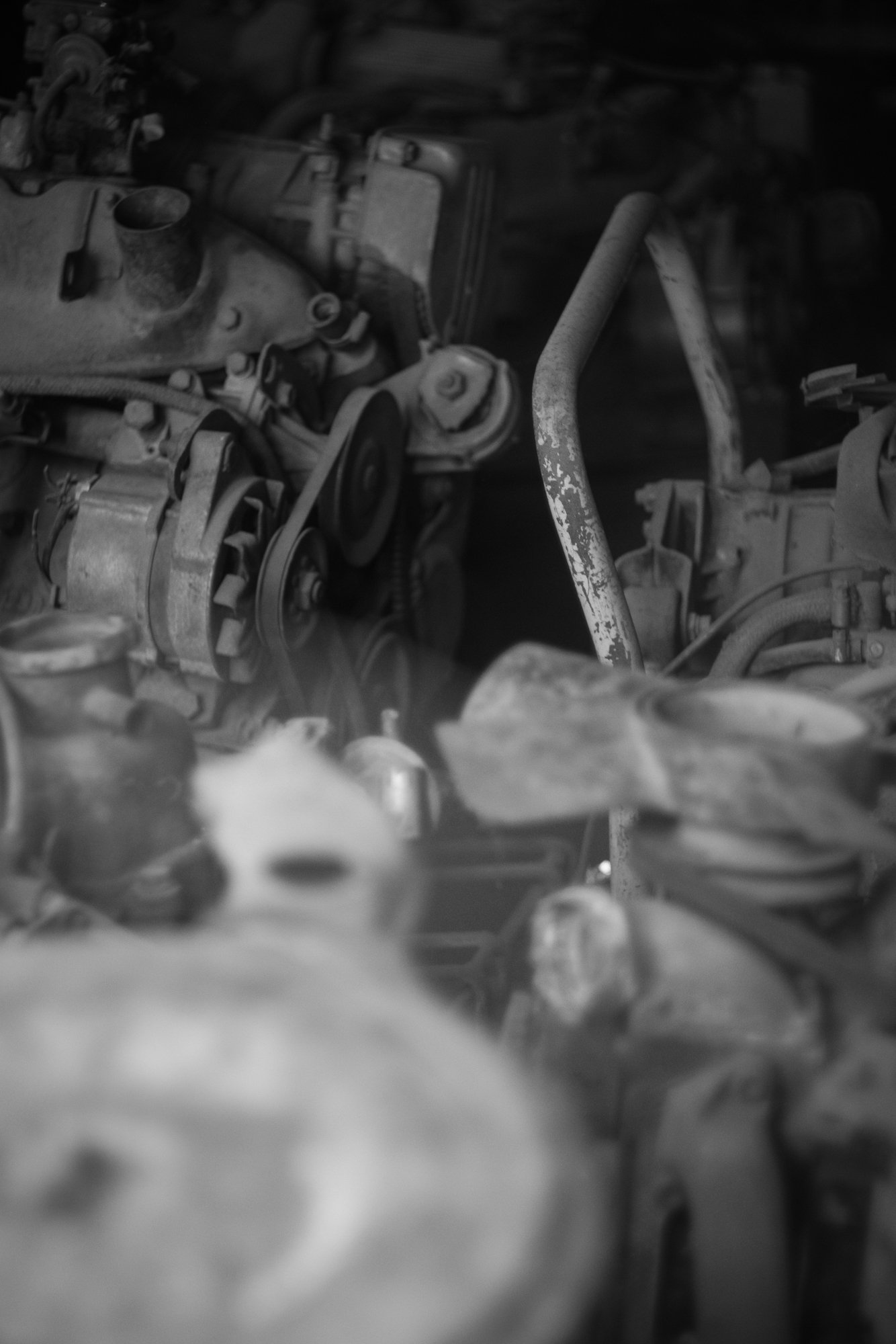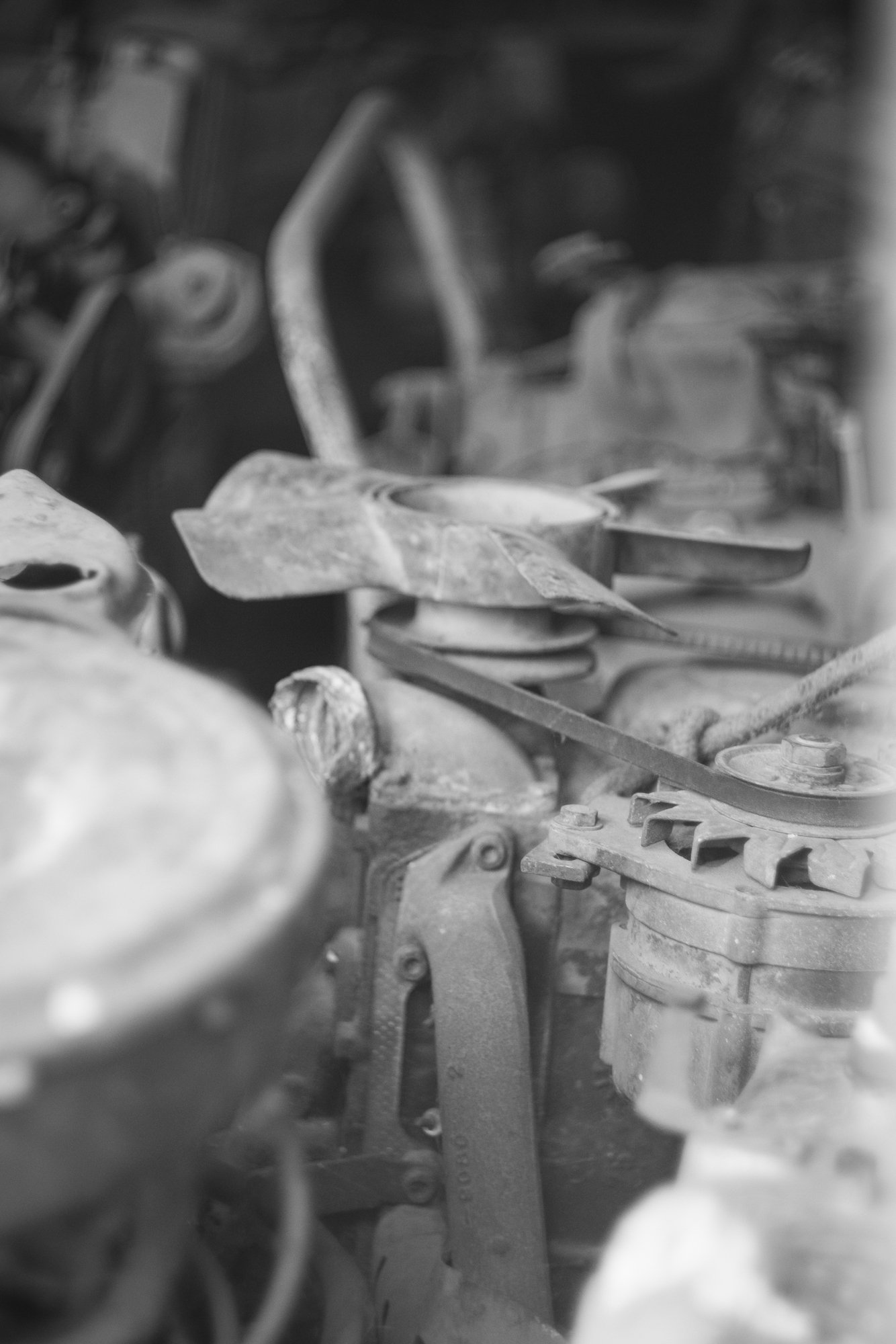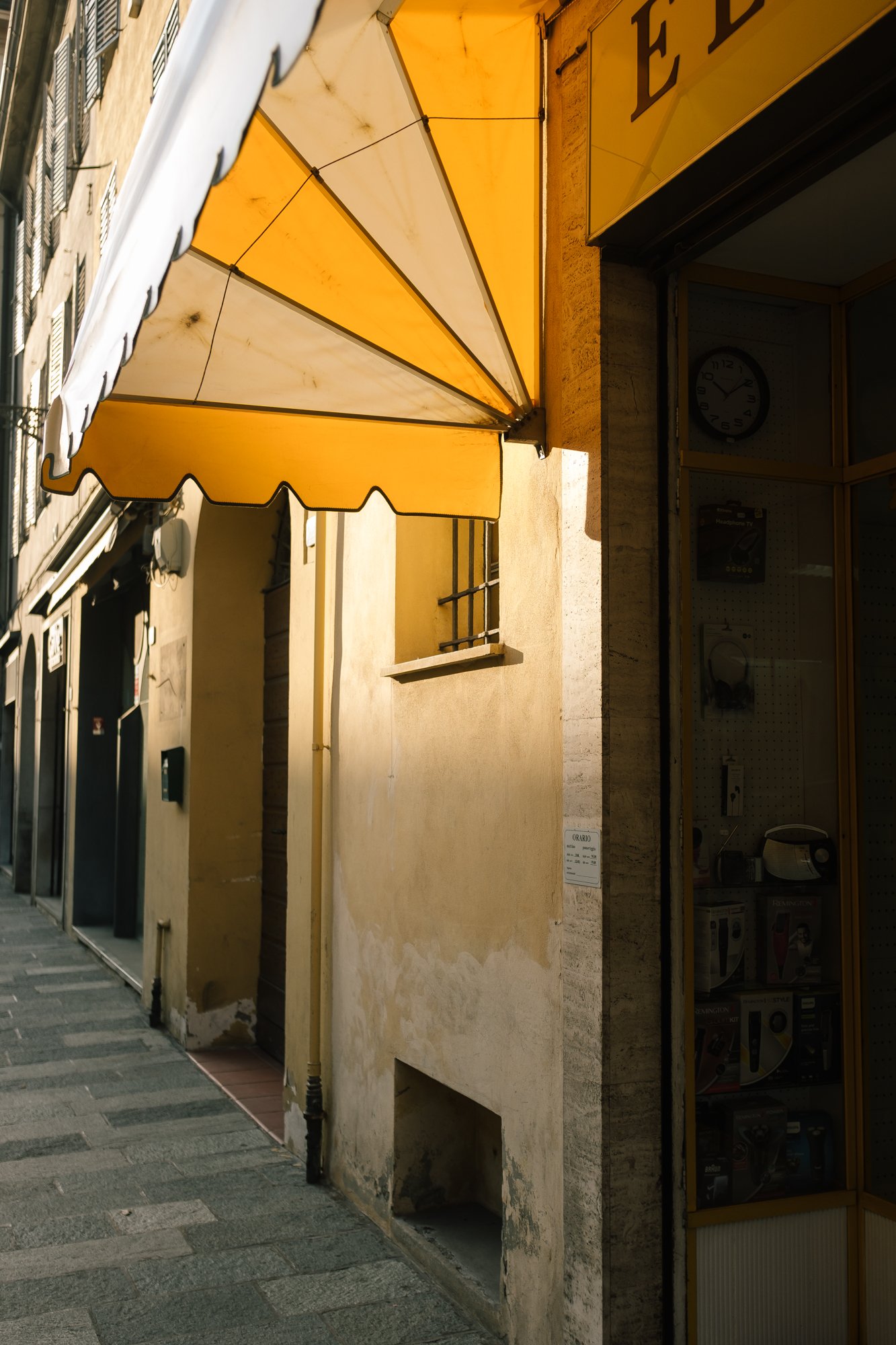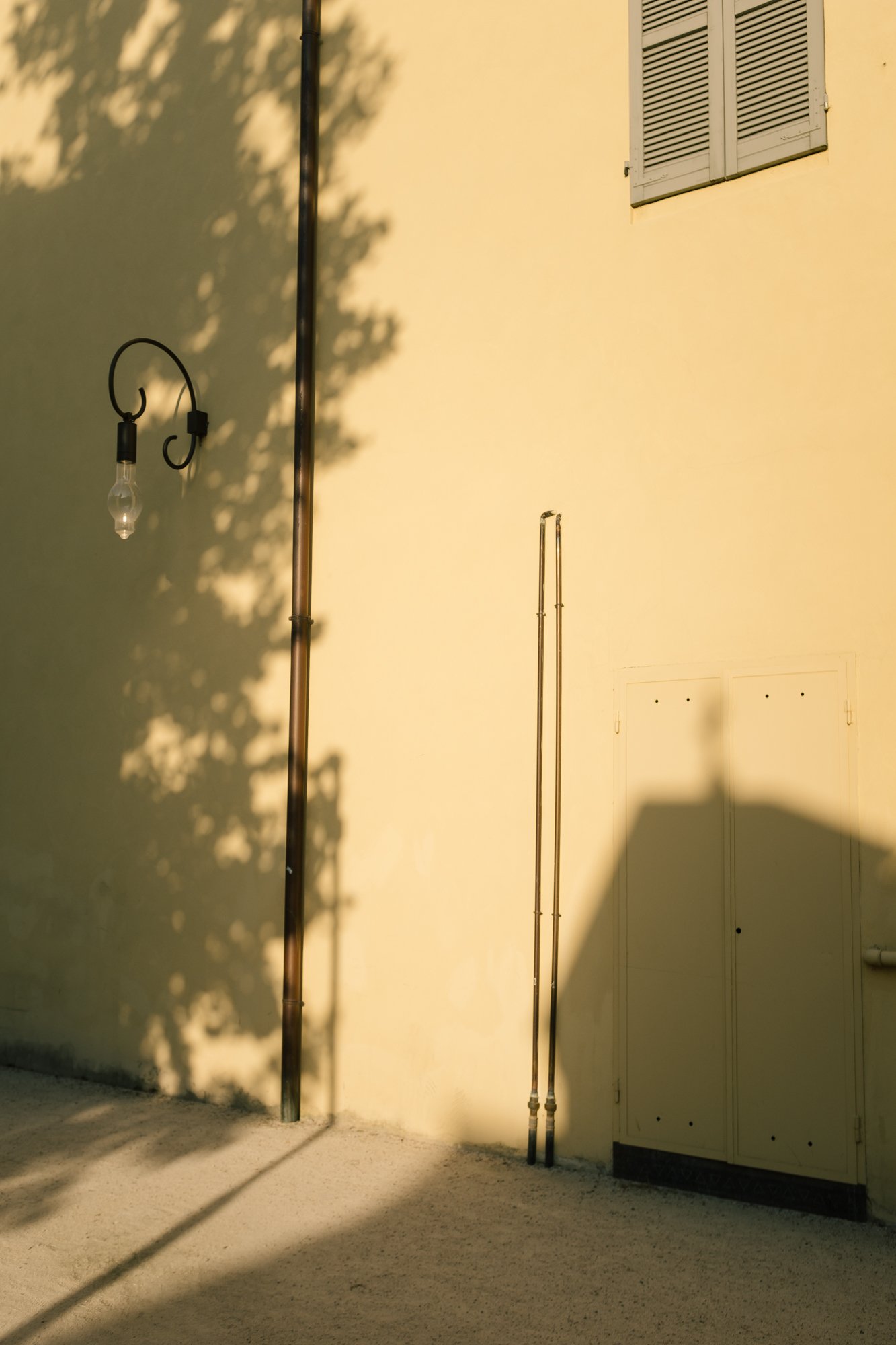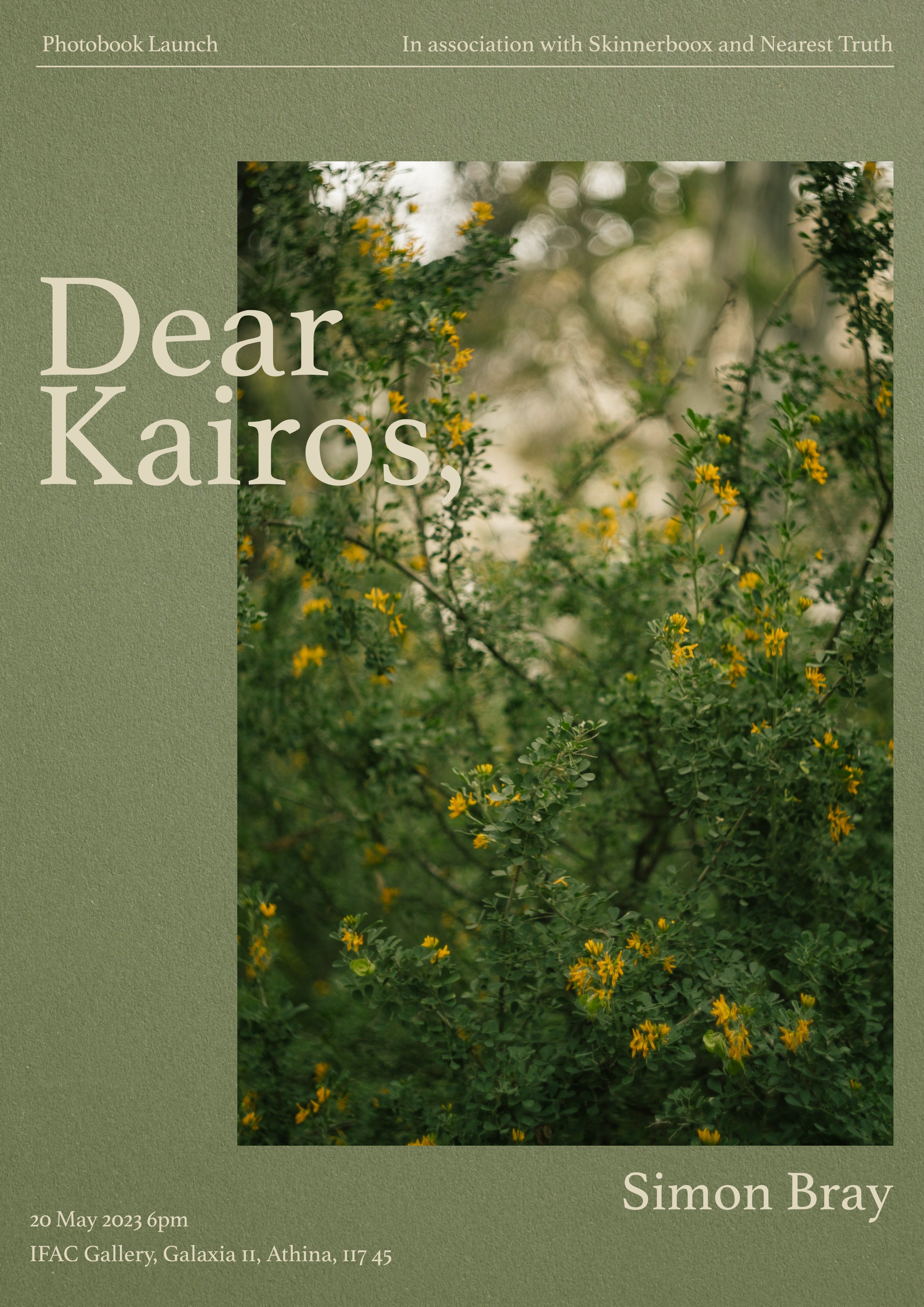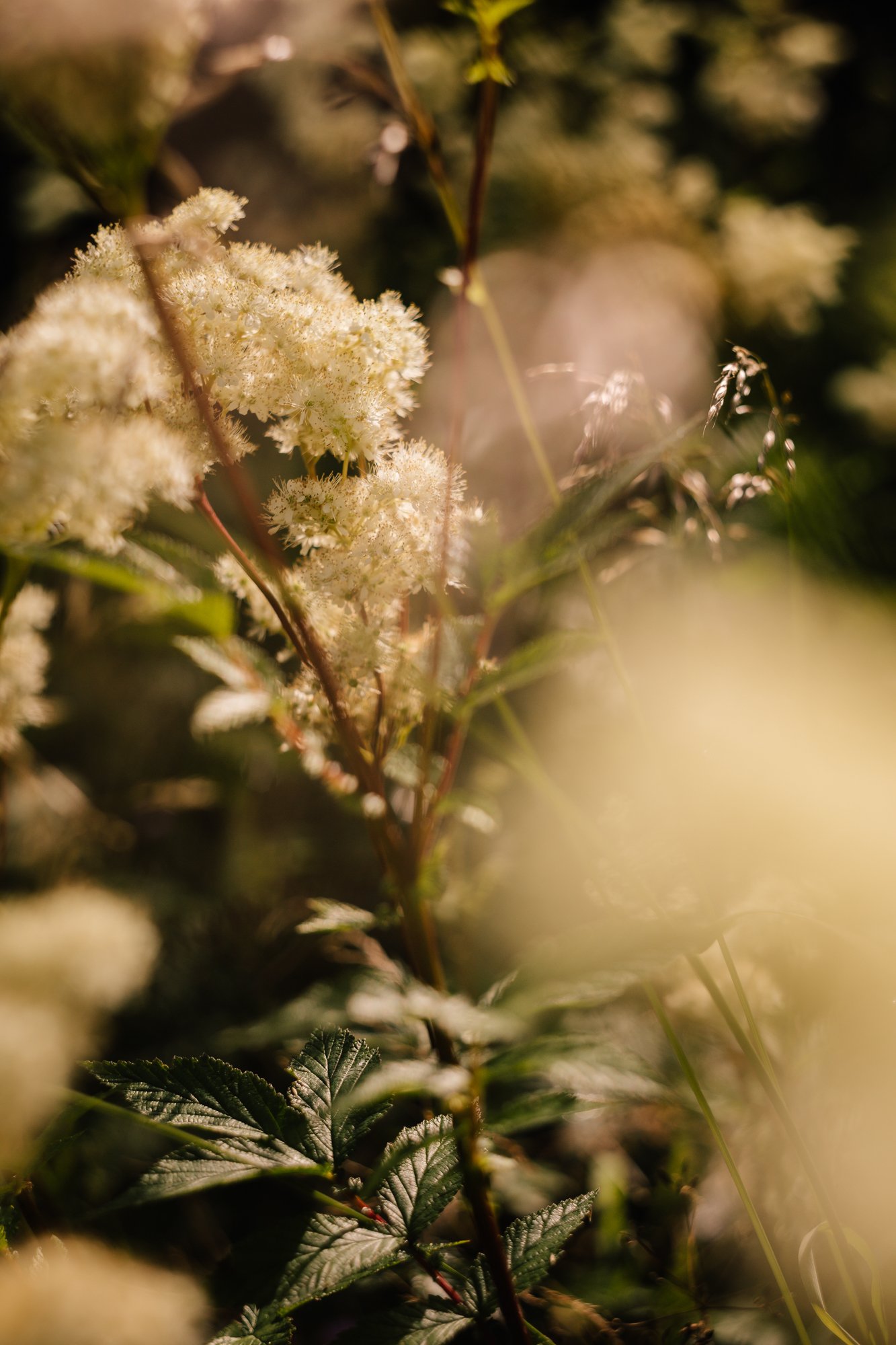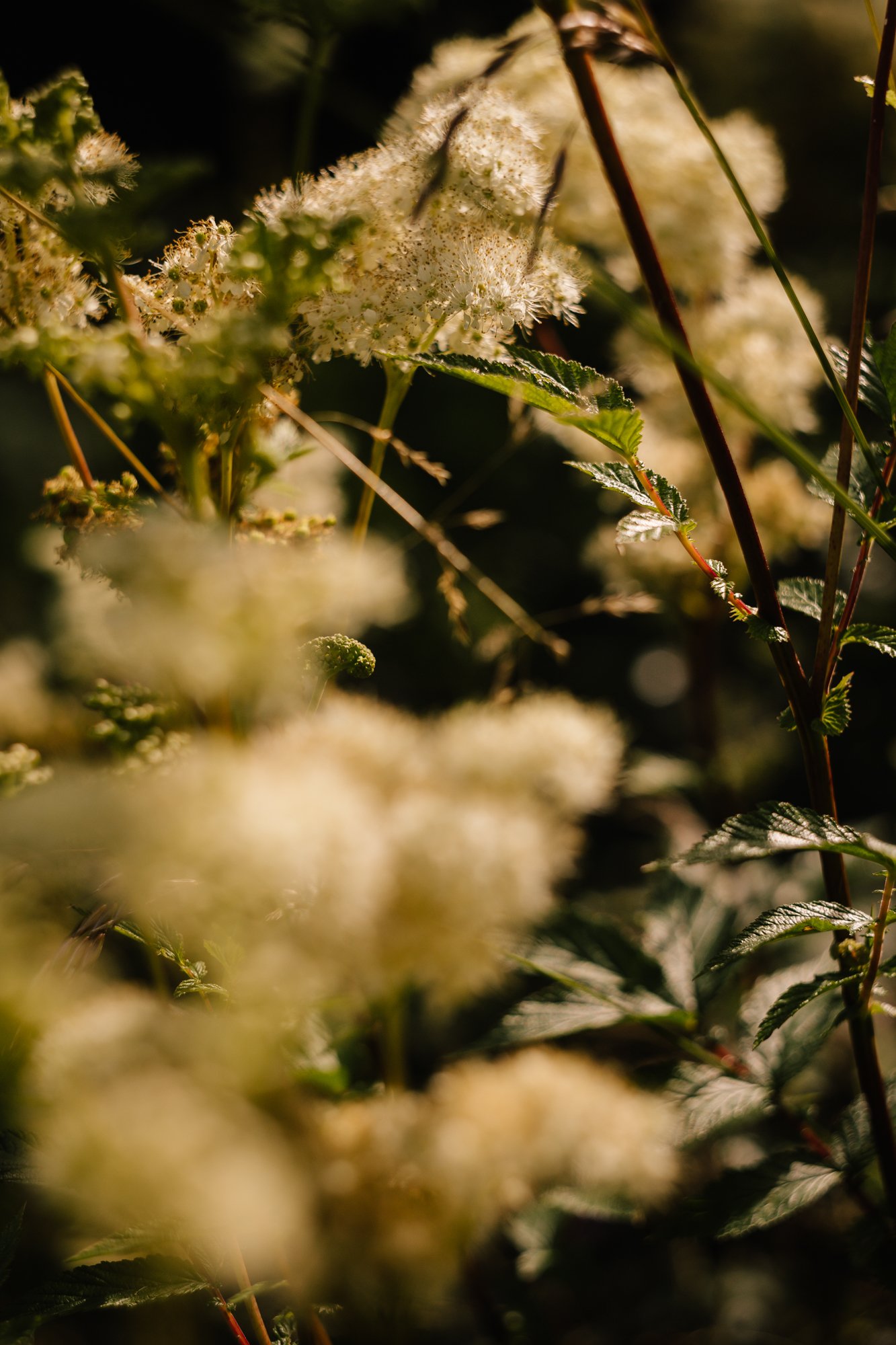There was a very interesting book released last year by Max Dickens titled 'Billy No-Mates, How I Realised Men Have a Friendship Problem'. After buying a ring to propose to his girlfriend, Max realises he has no idea who to ask to be his best man at the wedding. He soon realised he wasn't the only guy struggling with friendship and goes on a journey of research and conversations with all sorts of experts about friendship. The book is an exploration of what is wrong with male companionship in the modern age. I've only heard interviews with him, but his summation is simple, that men find it much easier to build relationships with each other when there is a regular activity which allows them to meet. It doesn't matter what that is, whether it's playing a team sport, choir practice, a walking group or drinks after work on a Friday, but it seems like unless it's built into a routine and focussed around an activity or hobby it isn't going to happen.
However if you don't have this in your life there is a key to unlock its absence, and it's you. If you want this in your life you have to either seek it out and take the plunge or be the one who organises it. Now perhaps you don't want to take on the burden of booking the 5-a-side pitch each week and facilitating the whatsapp group to get everyone along, but think about the multitude of benefits that your proactivity might afford not only you, but all of the others who want to join you, and I can assure you they will be very grateful for the reason to meet.
More recently I have been reading 'Boy Friends' by Michael Pedersen, an exploration of friendship, grief and loss after the suicide of his very good friend Scott Hutchinson of the band Frightened Rabbit. Scott's death happened a week or so before my sister Jess passed away so it really wasn't something I had much capacity to engage with at the time, but as a huge fan of the band I'm very glad to have the chance to revisit Scott's life through his wonderful friendship with Michael. The book is a buoyant and eloquent read and although centred around absence, offers up a beautiful picture of male companionship and a proximity which I feel guys rarely afford themselves.
It has me wondering what it is that holds us back from getting closer to one another. I think the stereotype of male-ness plays a significant role, the societal expectation to keep your head down, work hard and crack on with life, which feels not only out of date but wildly unhelpful in a time of a terrifyingly high amount of male suicides each year. I'm not here to provide answers but maybe we can all be a bit braver in asking each other how we're getting on, really, not just a quick hey before we start the sarcastic banter, but taking time to check in. Forget what anyone else might think, they're your friends and it's ok to show them you care even if it does feel a bit soppy. When did it ever hurt to have someone know that they feel loved and listened too?
If you feel like you're in the right place to hear the lyrics, then the song below, written by Scott many years before he took his own life feels like a manifestation of how things ended for him. Released on the incredible album 'The Midnight Organ Fight', there are two lines which twist the narrative towards hope, change and a decision we are all invited to take each day, to decide to have a positive future.
If you need to talk to someone, then the guys at the Campaign Against Living Miserably are there to help.
This article is taken from my January Mailout which also features some of my latest news and cultural highlights.
To receive it directly to your inbox each month, sign up here.
